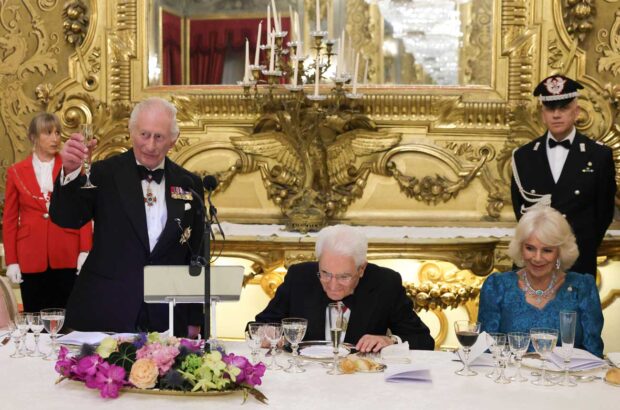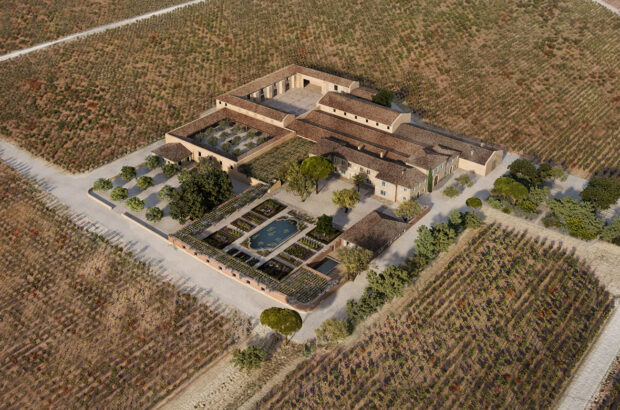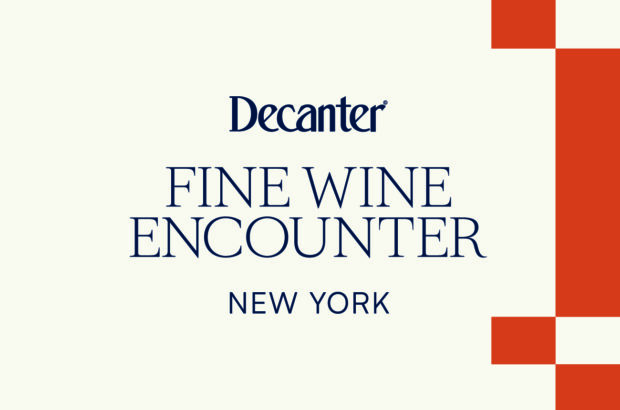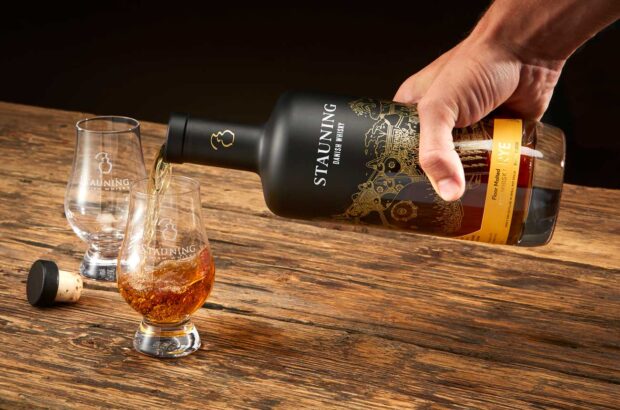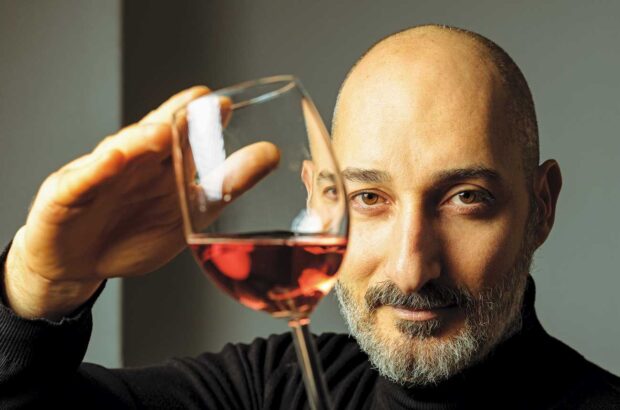As vineyard prices in Burgundy reach ever-more obscene heights, mid-level producers have to search out different types of agreements, such as the one announced by negociant Alex Gambal in Beaune in the past week.
Alex Gambal. Image credit: Alex Gambal
There is a need for deals that might actually allow producers to turn a profit, as opposed to simply amassing vineyard ‘assets.’
Whilst investors remain pre-requisite for all but the most wealthy domaines, Gambal’s latest transactions represent a ‘modified approach’.
At face-value, there was little to separate this transaction from many others – despite details of the transaction ‘remaining private’ – yet a little questioning shows that there is more to it.
Gambal, originally from Boston, US, has been in Burgundy since 1993, setting-up his own negociant business, in Beaune, in 1997. He last acquired vines in 2011, 3.4 hectares of very grand vines at that, but yesterday’s announcement was on another level – eight additional hectares.
Actually, by chance, two unrelated transactions were announced at the same time – the first, a smaller outright purchase of vines from Champy in Beaune, but the second transaction shines a more focused light on today’s commercial reality; rather than buying outright the seven-hectare domaine of Christophe Buisson in St. Romain the transaction is described as a partnership.
See also:
- Burgundy 2013: Gerard Basset’s full scores and tasting notes
- Is Burgundy the new playground of the super-rich?
Gambal was in California at the time of writing for the improbably named Pigs and Pinot weekend, where his 2009 Echezeaux should accompany the jambon persille, but maybe afterwards I’m sure he will allow himself a little celebration whilst skiing in Jackson Hole – assuming his knees are up to it!
And celebrate he should, because for all the talk of a partnership, the wines will wear an Alex Gambal label. For many years, Christophe Buisson single-handedly ran not just his domaine but also a small negociant business – eventually he decided he wanted to take life a little easier.
He will retain his negoce business but has now ceded his vines to Gambal to become a ‘shareholder and consultant’ in Gambal’s exploitation of his vines. Rather than purchase the vines outright, Gambal is effectively taking on Buisson’s vines in a ‘fermage’ agreement, plus whatever settlements between the two that remain undisclosed. Fermage is an old, established, long duration (20-plus years) way for families to rent out their vines, sometimes skipping more than one disinterested generation, without losing ownership of the vines – exactly how Faiveley exploited the Mugnier family vines for many years.
So, the concept may be far from new, but as vineyard prices get higher and higher it has becoming virtually the only option for small and mid-sized producers who want to expand but at the same time minimise the accumulation of uneconomic long-term debt.
There is also a second string to Gambal’s strategy; seeing so much competition for grapes from swathes of new negoce operators is really pushing him to convert to the domaine model – now with 12 hectares and 36 discreet parcels it seems he has the insurance policy he was looking for.
Gambal might be excited about buying his first tractor, but is really much happier to have something more to sell.
‘It’s nice to have some grand and premier crus, but there isn’t a big volume of wine there,’ he said. ‘Nearly three hectares of St Romain red and white will help a lot, plus with a wider spread of appellations we also have a little insurance against the weather.’
Written by Bill Nanson



